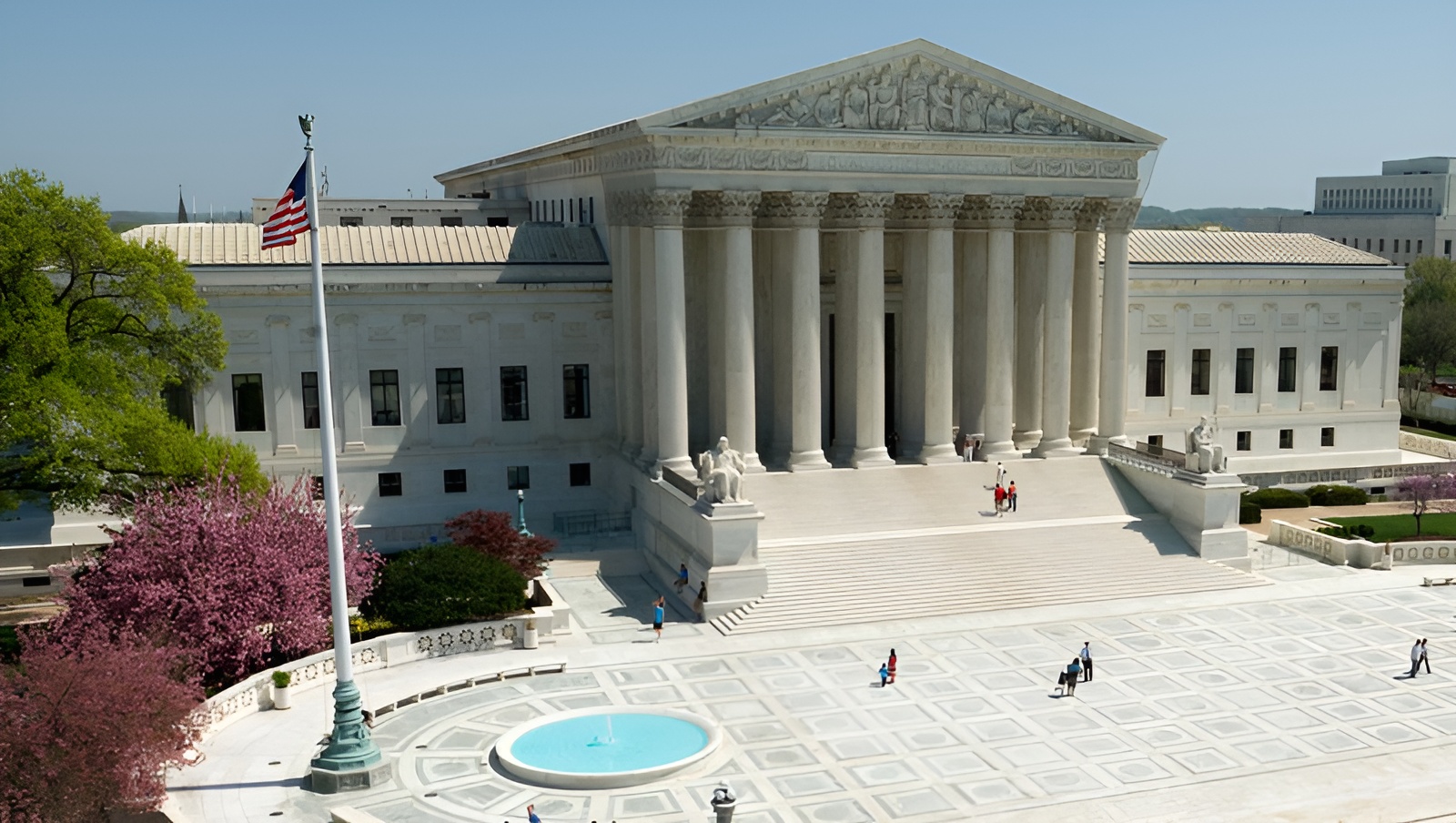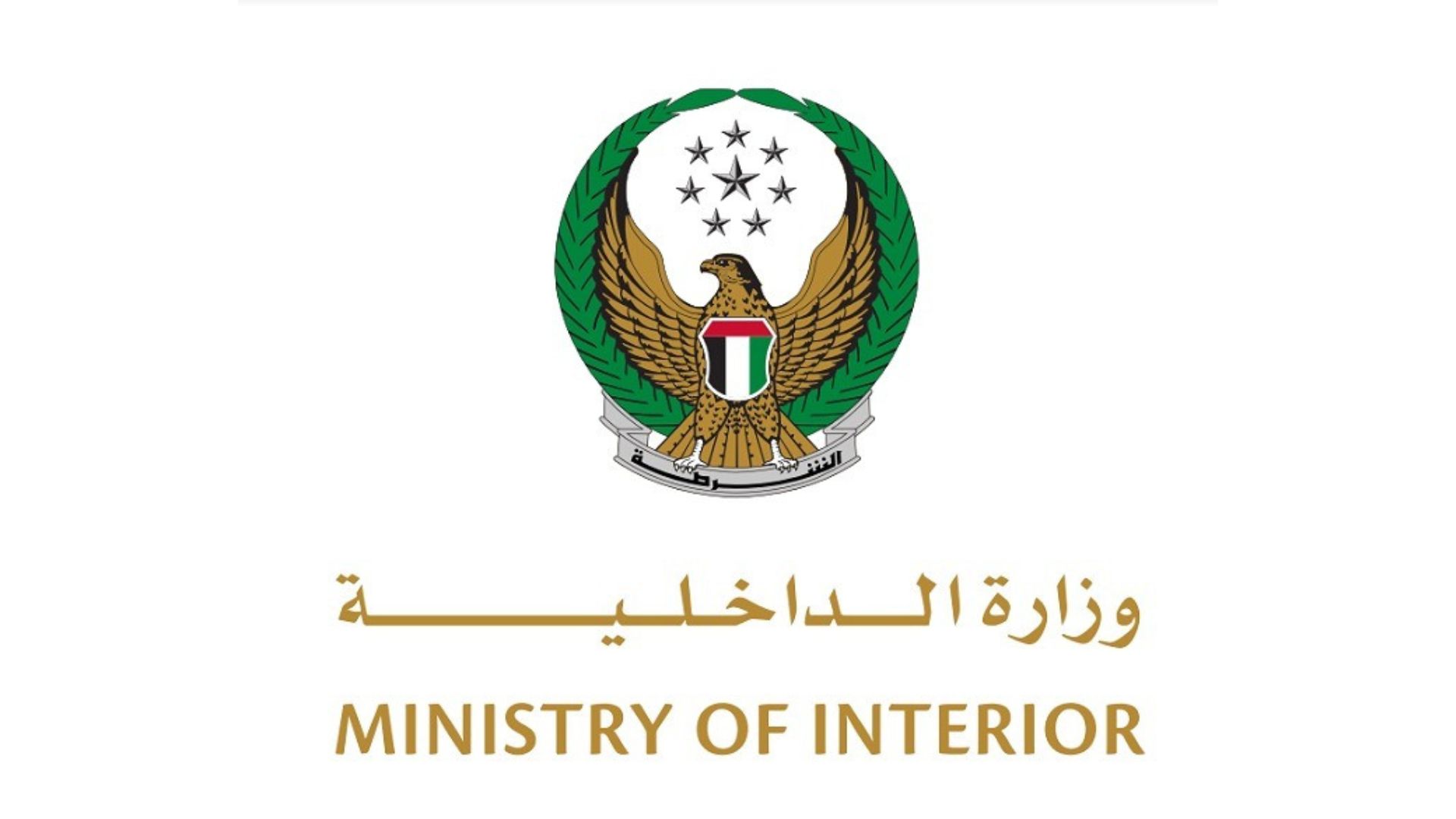The US Judiciary has confirmed suffering a cyberattack and says it is reinforcing systems to prevent further breaches. In a press release, it described ‘escalated cyberattacks of a sophisticated and persistent nature’ targeting its case management system and sensitive files.
Most documents in the judiciary’s electronic system are public; however, some contain confidential or proprietary information that is sealed from public view. The documents, it warned, are of interest to threat actors, prompting courts to introduce stricter controls on access under monitored conditions.
The Administrative Office of the US Courts is collaborating with Congress, the Department of Justice, the Department of Homeland Security, and other relevant agencies on security measures. No details were given on the exact methods of reinforcement.
The US court system has been a frequent target of cybercrime. Previous incidents include a 2020 federal court breach, a 2024 attack on Washington state courts, and a ransomware strike on the Los Angeles Superior Court in summer 2024.
Would you like to learn more about AI, tech, and digital diplomacy? If so, ask our Diplo chatbot!










